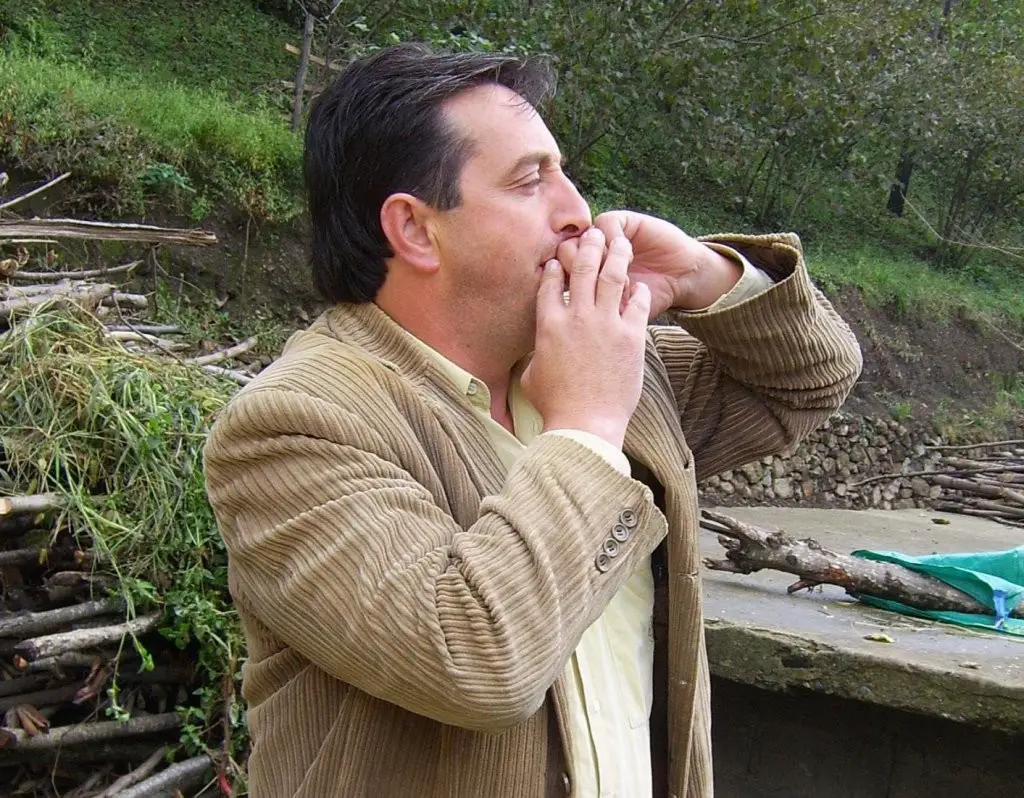Languages are a bit like animal species, they disappear from the surface of the Earth at an alarming rate. And just like animal species, the study of a rare language can give surprising results. That’s what happened in Turkey, when scientists decided to study a whistling language, used by about 10,000 people in a mountainous region of northeast Turkey. This “bird language”, as it is referred to by the people who use it to communicate, can be heard miles away, across steep canyons and high mountains.
Whistle Turkish is not just remarkable because it is adapted to the topography. In all languages, written or spoken, even sign language, the left part of the brain does the processing. But whistled Turkish proved to be the exception, as the scientists found out that both hemispheres of the brain were put to contribution. The research team says it’s an important discovery, as it could show that the the left-hemispheric dominance is linked to the physical structure of the language, not to communication itself.
The studies on Turkish bird language will continue, but the scientists have to hurry before whistles across the mountains are replaced by conversations on cell phones.



